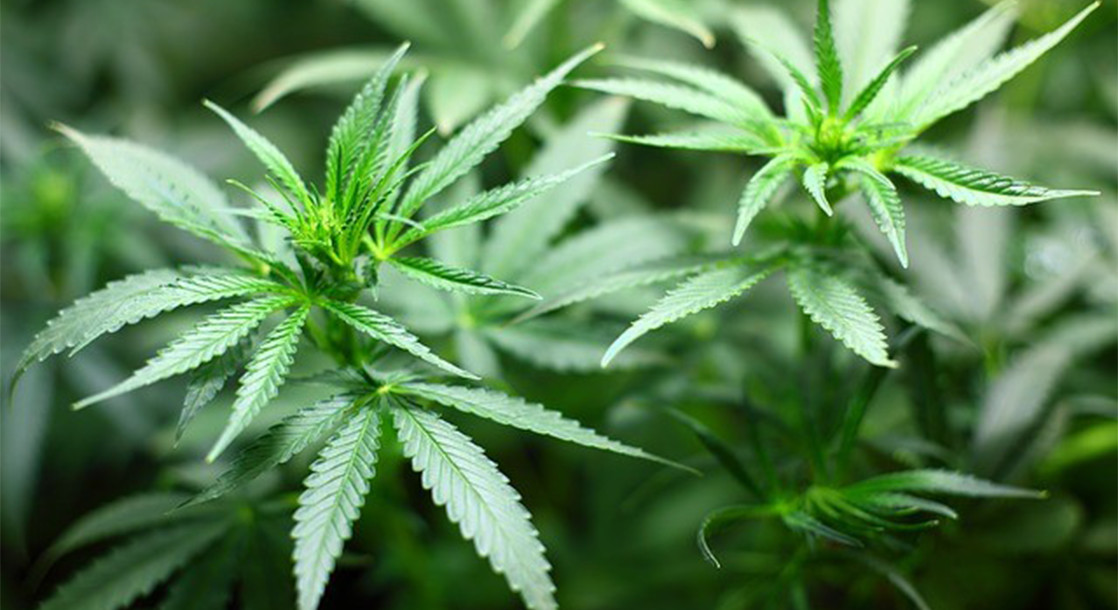There are many social and economic benefits that stem from cannabis legalization, especially when it comes to reducing the pot-related incarceration rate that have plagued minority communities for decades. Although people of color have been (and continue to be) disproportionately afflicted by federal prohibition, these groups are still struggling to find their rightful place in the legal market. For instance, a recent study showed that only 17% of the country’s legal weed businesses are led by minority executives, despite various organizations and activists are fighting to fix this glaring exclusion.
Columbus Smith, a black farmer from Panama City, Florida, recently filed a lawsuit alleging that the state law requiring one cultivation license be issued to a minority farmer is unconstitutional. Back in June, the Florida state Legislature passed a broader medical cannabis bill, which included an expansion to the number of licenses that would be issued.
The law specified that one license be specifically issued to a black farmer (out of the 10 additional licenses to be granted) who had been a part of a settled lawsuit regarding discrimination by the federal government in the past, and stipulated that the minority cultivator would also have to be a member of the Black Farmers and Agriculturalists Association-Florida Chapter. Although Smith believes he’s a qualified candidate to cultivate, he hasn’t been allowed to join the black farmers association, thus stopping him from receiving a license to grow medical cannabis in the state.
“There is no rational basis for limiting the opportunity of black farmers to obtain a medical marijuana license to only the few members of that class of black farmers who are also member of a specific private association,” the lawsuit states.
Smith’s allegations seem to have merit in light of the state’s Constitution, which specifically bars “special” laws that relate to “grant of privilege to a private corporation.” The lawsuit was filed against the Florida Department of Health, the branch of government responsible for issuing licenses. As of now, the Black Farmers and Agriculturalists Association have stated that they will not comment on the case until their attorneys have reviewed it.











